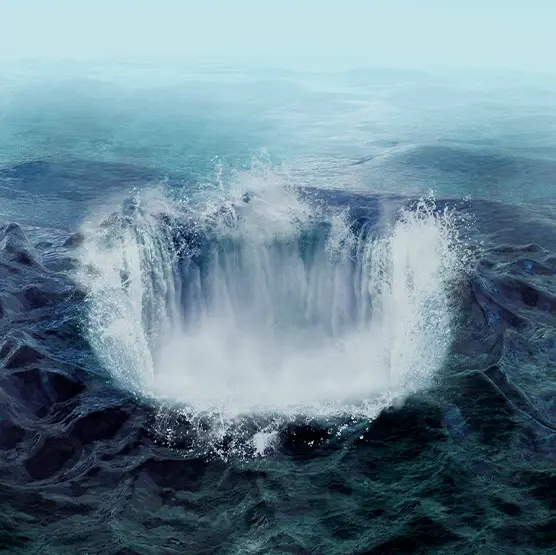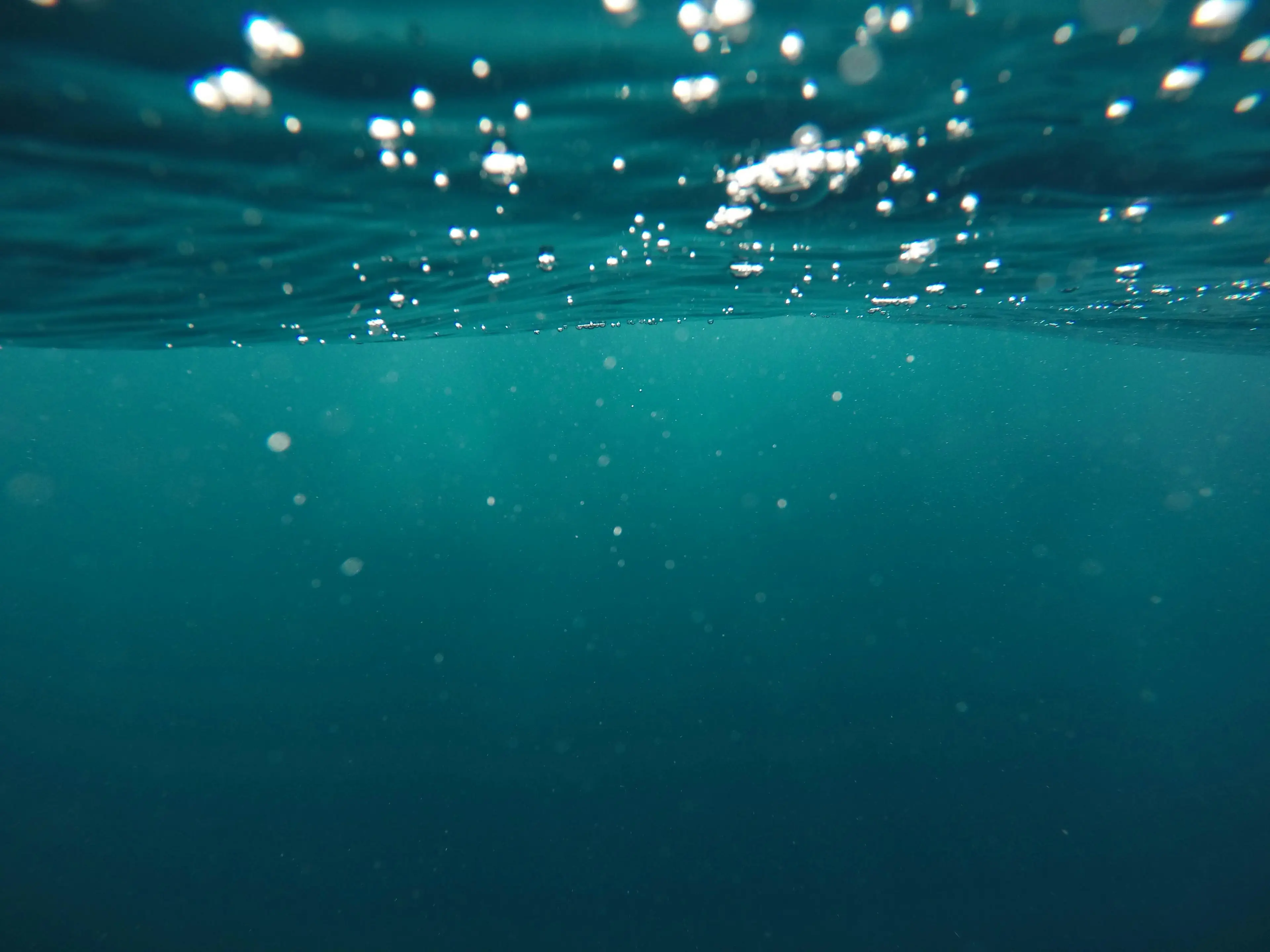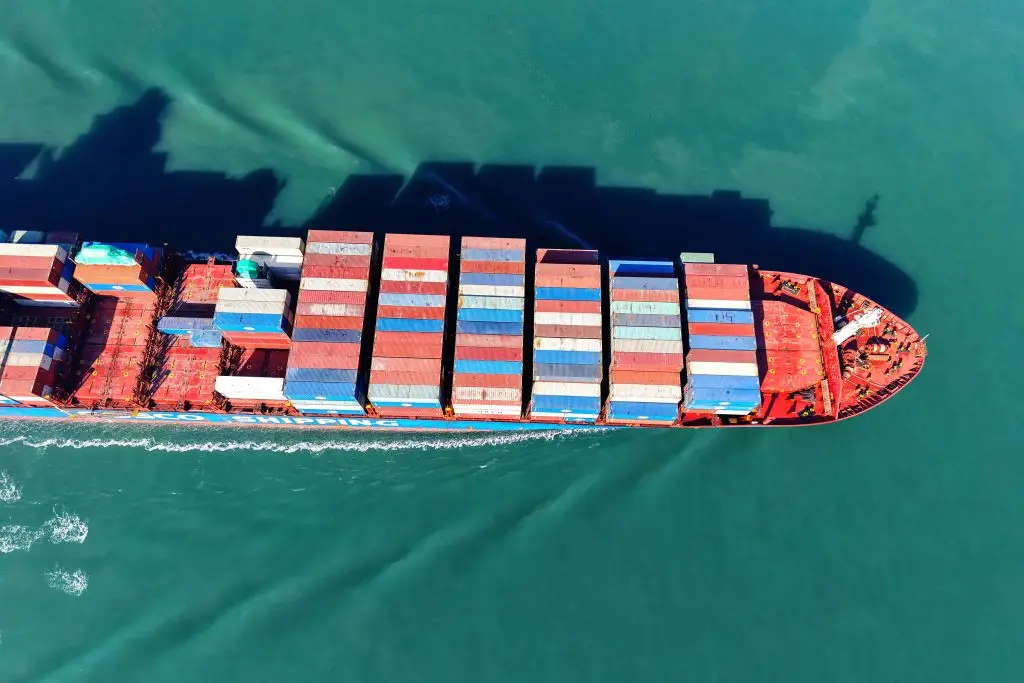
The Bermuda Triangle is more than an infamous stretch of ocean joining Florida, Bermuda, and Puerto Rico in the form of a triangle.
And you probably already know that this part of the North Atlantic Ocean has been at the centre of wild tales and conspiracy theories for decades.
For one, the 'Devil's Triangle' has been linked to the mysterious disappearances of over 50 ships and 20 aeroplanes.
Unsurprisingly, this has led to conspiracy theorists pointing fingers at aliens and even Atlantis to blame for the events.
Advert
So what are the experts saying?

One of the leading theories comes from Simon Boxall, an oceanographer at the University of Southampton, who discussed the idea of rogue waves in the Channel 5 documentary The Bermuda Triangle Enigma.
Rogue waves are massive, unpredictable currents that can double the size of surrounding waves - a plausible explanation as to why so many vessels have met their end in the Triangle.
"There are storms to the south and north, which come together," Boxall said.
"And if there are additional ones from Florida, it can be a potentially deadly formation of rogue waves."
Another theory lies in the Bermuda region’s geology which was put forward by mineral prospector Nick Hutchings in Secrets of the Bermuda Triangle.
He suggested that magnetic materials from an underwater volcano could interfere with navigation systems, causing travellers to lose their way.
"Bermuda’s basically a sea mountain - it’s an underwater volcano. 30 million years ago, it was sticking up above sea level," he said.
"We have a few core samples, which have magnetite in them. It’s the most magnetic naturally occurring material on Earth."

Meanwhile, Australian scientist Karl Kruszelnicki dismissed the idea that the Devil's Triangle is the 'scene of disappearances that total far beyond the laws of chance.'
Instead, he suggested the disappearances can be explained by a number of practical factors including 'bad weather and human error' and high traffic volumes.
“It is close to the equator, near a wealthy part of the world, America, therefore you have a lot of traffic,” he told news.com.au.
This makes sense as the Bermuda Triangle has vessels passing through to reach ports in the US, Europe and the Caribbean. And as such, it's one of the most heavily travelled shipping lanes in the world.
Kruszelnicki quoted insurance company Lloyds of London and the US Coast Guard that “the number of planes that go missing in the Bermuda Triangle is the same as anywhere in the world on a percentage basis."